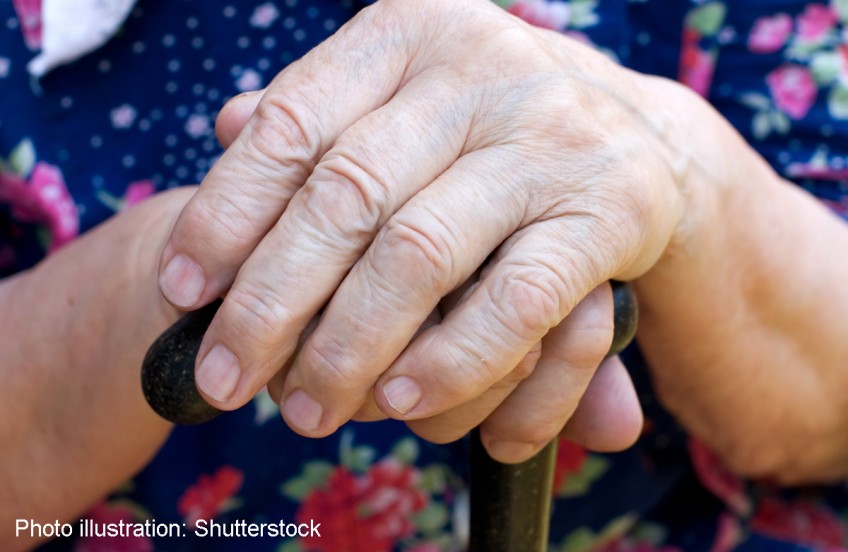Closer parent-child proximity doesn't make heart grow fonder

SINGAPORE - Day after day, Madam Lee, who declined to give her full name, sits alone in her five-room Housing Board flat, passing the time by praying, watching TV, reading the newspaper or simply resting.
Once a month, the 80-year-old gets a visit from her only son, who says a quick hello, slips some money in between the grilles of the front gate and leaves within a few seconds, not setting foot in the house at all.
To rub salt into the wound, her son and his family live in the same block.
The Government might be steering the elderly towards living with their families in multi-generation households, or, at least, to stay within close proximity of their married children's homes. But this does not necessarily translate into closer bonds.
In fact, living close by, or even under the same roof, does not mean that the relatives have a stronger relationship than those who live far apart, said Iris Lin, a senior social worker at Fei Yue Community Services.
Madam Lee has "nobody to turn to" since her husband's death over four years ago, and longs for her son to spend more time with her.
"He lives nearby, but he never talks to me or asks me out. When he and his family go out for dinner, they take the maid along, not me," she said.
She thinks her bad relationship with her daughter-in-law is the main reason why her son does only the bare minimum of giving her pocket money each month.
However, Julia Lee, the Touch Community Services director for the department of social work, noted that, at times, the elderly are not easy to deal with as well.
"Some may become overly dependent on their children or become extremely negative, hypercritical or insensitive. This can push the children away and even cause a deep rift in the relationship," she said.
This is seen in one three-generation household, in which a 40-year-old, who wanted to be known only as Mr Singh, lives with his wife, two-year-old son and elderly mother.
"My mum is not an easy person to live with," said the manager. "She is temperamental and snaps at us at times. However, it's our duty to take care of her."
But his 78-year-old mother paints a different picture. She said that her son hardly talks to her and she keeps to herself most of the time.
Yet, the idea of filial piety has evolved over the years.
Although repaying one's parents with money was considered a normal practice 20 years ago, middle- and upper-class parents do not expect their kids to support them financially, noted sociologist Tan Ern Ser.
This has resulted in a new breed of young adults who see no need to give back to their parents.
Take Mr Tan, who declined to give his full name. The journalist, who lives with his divorced mother, neither gives her any cash nor spoils her with gifts or dinners, other than annual celebrations like her birthday and Mother's Day.
"She does not ask for money and I don't see why I need to give as she can support herself. I express my gratitude to her verbally. Otherwise, we live our own lives," said the 24-year-old.
Ms Lin added that, with other priorities in life, such as work monopolising the child's life nowadays, it is understandable that adults spend less time with their parents.
But she said that this does not excuse them from their responsibilities as children.
"The child might not have a good relationship with the parent, but a sense of responsibility should supersede any feelings," she said.
"There are no excuses for not respecting and caring for their parents, who might need help in one way or another as they age."
gurveenk@sph.com.sg

Get MyPaper for more stories.